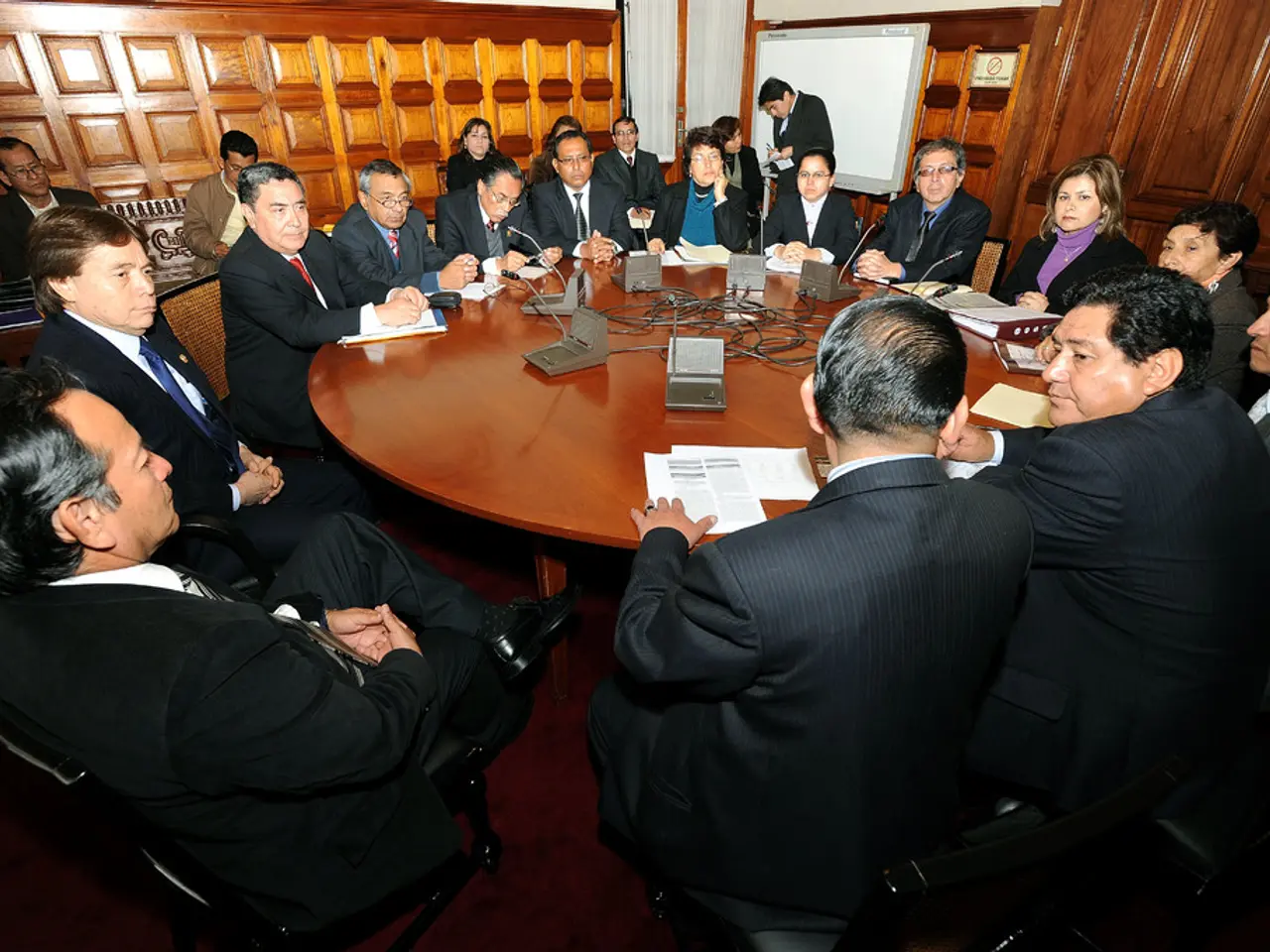EP's Growing Role in EU Enlargement Policy Deserves Renewed Attention
The European Parliament (EP) has been quietly expanding its influence over EU enlargement policy. Its role deserves renewed attention, particularly as the EU considers a strategic shift in its enlargement policy.
The EP's budgetary powers allow it to sway spending priorities in candidate countries. This, along with its network of interparliamentary delegations, facilitates political dialogue and information exchange. The EP has five main tools to engage strategically with enlargement: consent procedure, budgetary powers, agenda-setting, parliamentary oversight, and interparliamentary delegations. It has developed its own initiatives and channels of engagement with EU candidate countries, using resolutions, reports, and debates to keep enlargement on the political radar and push key issues forward.
The EP's impact on enlargement policy hinges on its internal cohesion and inter-institutional cooperation. Notably, the consent procedure gives the EP a formal veto over any accession treaty.
As the EU considers a strategic turn in its enlargement policy, the EP's role in shaping this process becomes increasingly significant. Its budgetary powers, strategic tools, and channels of engagement make it a crucial player in influencing spending priorities and political dialogue with candidate countries.




